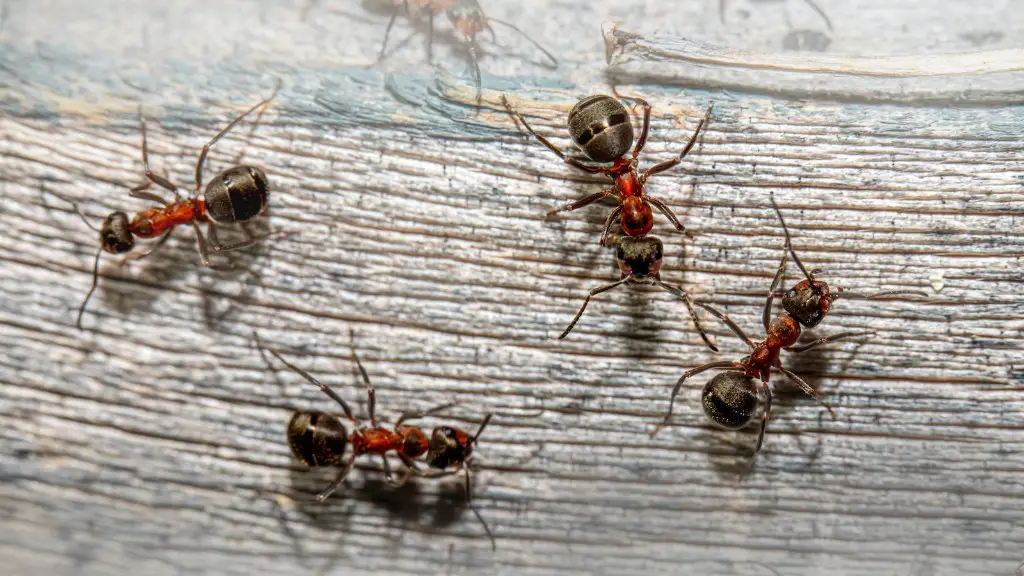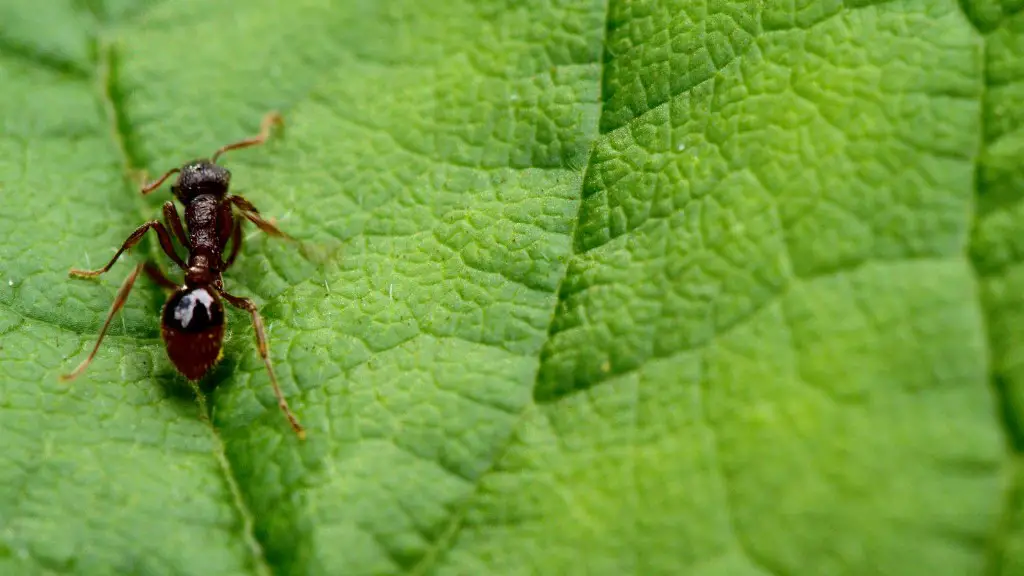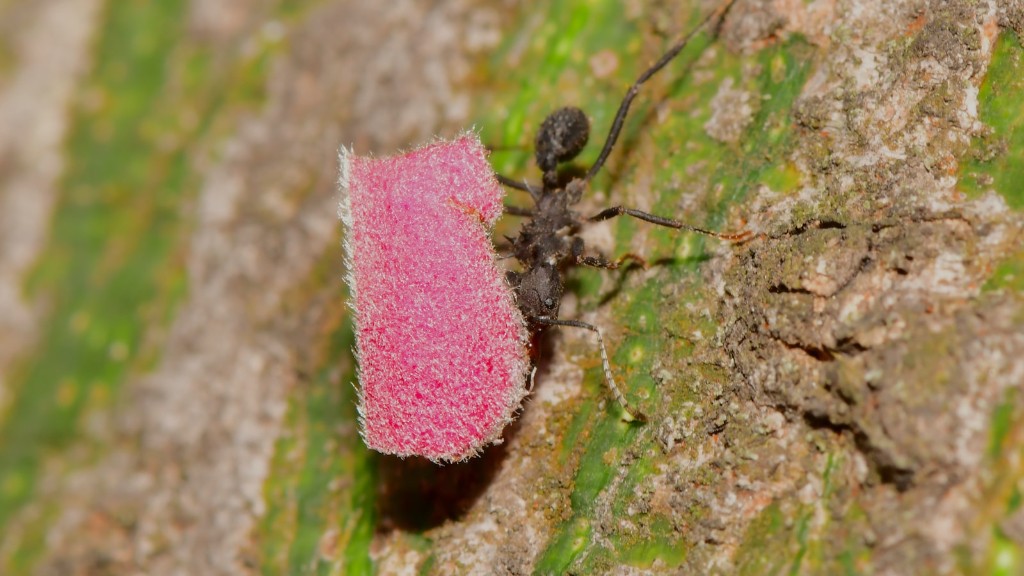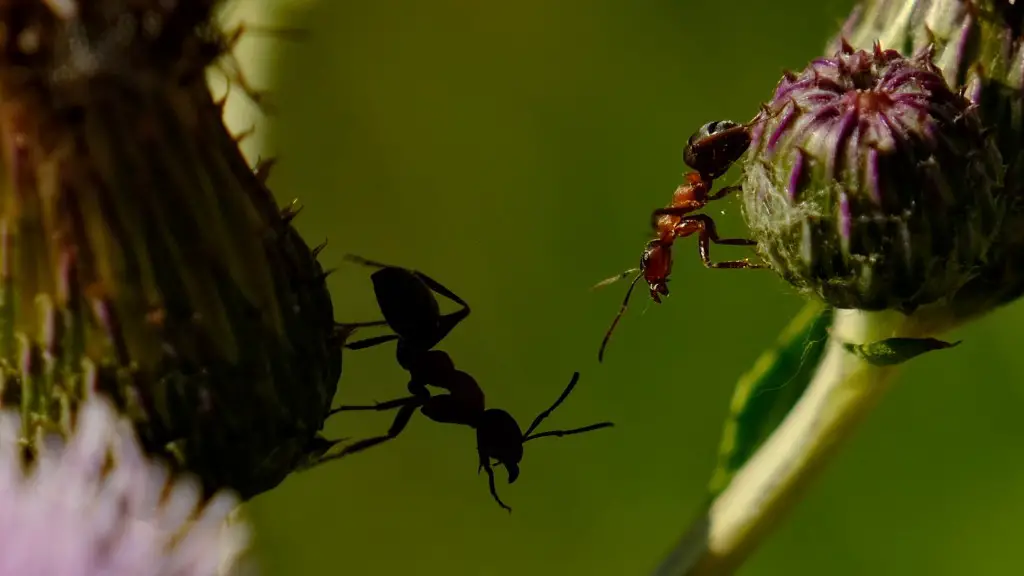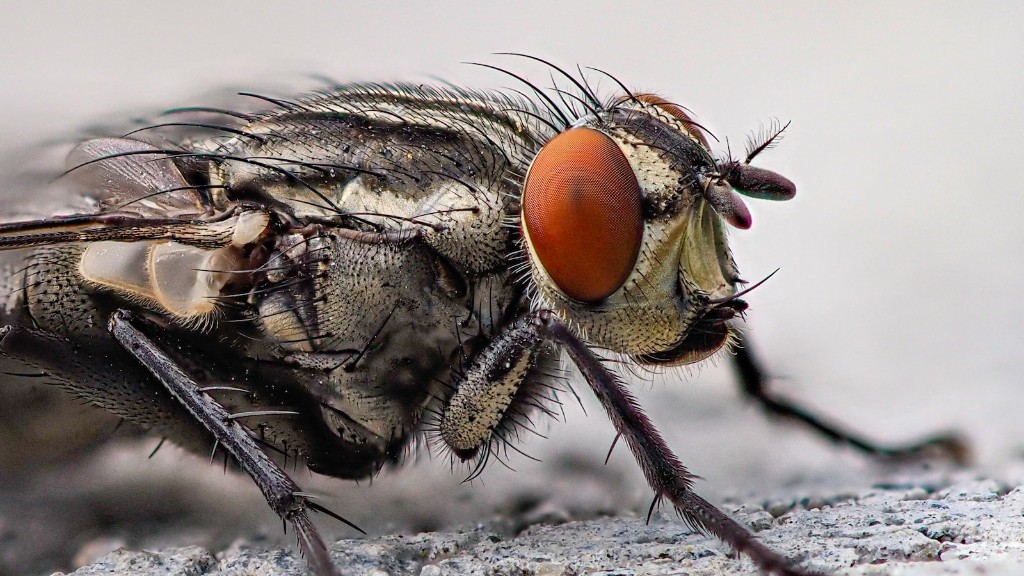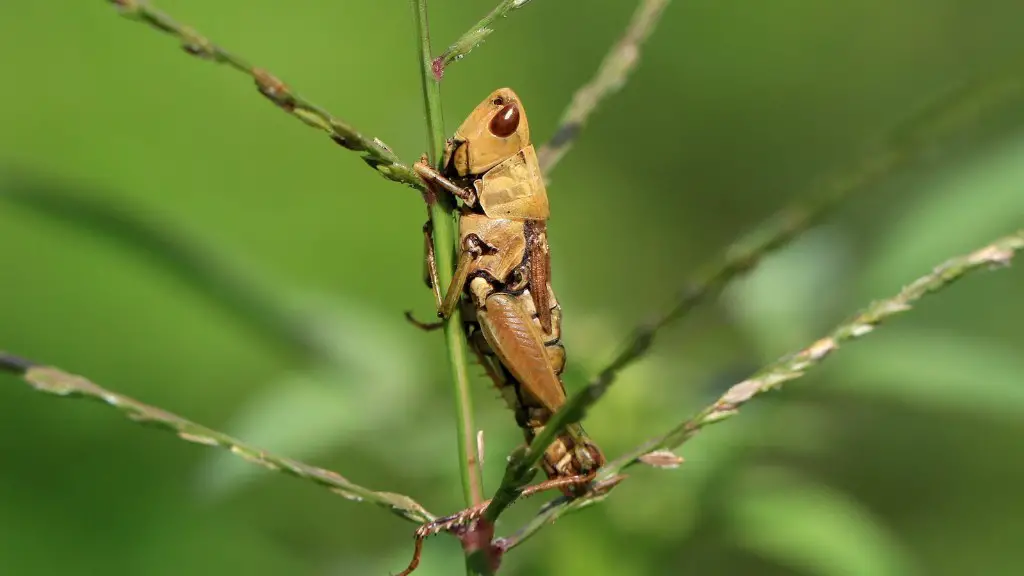Gardening is an exciting hobby, but it can become quickly tiresome if your efforts are plagued by pests. Nothing is more irritating than an army of ants swarming your herbs and flowers. While ants are generally harmless and even beneficial, they can also be a nuisance.
The good news is, it’s easy to keep ants out of your garden. There are some simple and natural methods to ward off the tiny insects. Before getting into preventative measures, though, it’s important to understand how ants enter the garden in the first place.
Ants usually come into the garden in search of food. When they find something they like, they go back to their garden and recruit more friends. This means they are always looking for a food source. Therefore, the most effective way to keep them from coming in is to remove their source of food. If nothing is around for them to eat, they’ll move on.
The first step is to keep the garden clean. Remove any crumbs or food spills that could attract ants. If you compost, get rid of any spilled food. Make sure all trash containers have tightly sealed lids.
If ants are already in the garden, there are a few natural ways to get rid of them. The most effective of these methods are diatomaceous earth, vinegar, and soapy water. Diatomaceous earth is a natural insecticide that kills ants and other insects by dehydrating them.
Vinegar is also effective because it disrupts the ant’s scent trail. To make a homemade ant killer, mix one cup of vinegar with one cup of water and a few drops of dish soap. Spray the mixture directly onto the ants. The mixture will kill the ants and discourage the others from coming back.
If ants are persistent, another natural solution is to plant ant repellent plants. Certain herbs and plants such as mint, basil, garlic, and lavender are known to deter ants. Plant these around your garden or near entrances to keep them from coming in.
DIY Ant Traps
In some cases, ants may be attracted to a specific area of the garden. In this case, a DIY ant trap may be useful. Fill a container with sugar water or honey, and place it near the area where the ants are congregating.
The ants will travel to the sweet bait and, over time, will begin to nest in the container. Once the nest is established, remove the container and seal it tightly. The ants will eventually die, leaving your garden ant-free.
Barriers
If all else fails, it’s time to take more drastic measures. Create a physical barrier by applying a thick line of diatomaceous earth or a solution of vinegar and water around the entrance to your garden. This will discourage the ants from entering, while also providing your plants with extra protection.
The important thing to remember when creating a barrier is that ants can still find ways around it. This means the barrier must be checked regularly and replenished to stay effective.
Prevention
The best way to keep ants out of your garden is to discourage them from coming in the first place. Keep your garden clean and make sure there aren’t any easy sources of food or shelter. Plant ant repellent plants around the entrance, and check the area regularly for signs of ant activity.
If you do find ants, try natural solutions before resorting to chemical pesticides. Natural remedies are more effective in the long run, and they will also keep your garden safe for you, your family and the environment.
Repelling Ants
Repelling ants from your garden is an ongoing process. Frequently inspect your plants and surrounding area for any signs of ant activity. If you see ants, take preventive action to keep them from coming back. Just remember, it may take a few tries to find an effective solution.
In the end, keeping ants out of your garden requires persistence and patience. With the right approach, you’ll be able to have a beautiful and pest-free garden in no time.
Ants & Other Pests
It’s important to remember that ants aren’t the only pests that can plague a garden. Other common garden pests include slugs, aphids, and caterpillars. These insects can wreak havoc on your plants if left unchecked. If you do find an infestation of any kind in your garden, contact a professional pest control service.
It’s also important to take appropriate steps to prevent pests from entering the garden in the first place. Be sure to inspect new plants for signs of infestation and isolate them from the rest of the garden until the infestation is cleared up.
Integrated Pest Management
Integrated pest management (IPM) is a practice that uses different methods to tackle pest infestations in a garden. This includes a combination of natural and chemical remedies, as well as physical barriers. An IPM program is tailored to each garden, making it the most effective way to manage pests.
When using an IPM program, it’s important to take a holistic approach. This means considering all the factors that could be contributing to the pest issue, such as climate, soil, and water. Once the cause of the pest infestation has been identified, the best methods can be implemented to keep the pests at bay.
Natural Repellents
Natural pest repellents are becoming increasingly popular among gardeners. These repellents can often be made at home with common household ingredients such as garlic, chili powder, and dish soap. These repellents can be used directly on the plants or can also be put in a spray bottle or container and placed near the entrance of the garden.
Natural repellents are an effective way to keep pests at bay and they won’t harm the environment. If a natural repellent is not effective, contact a professional pest control service for help.
